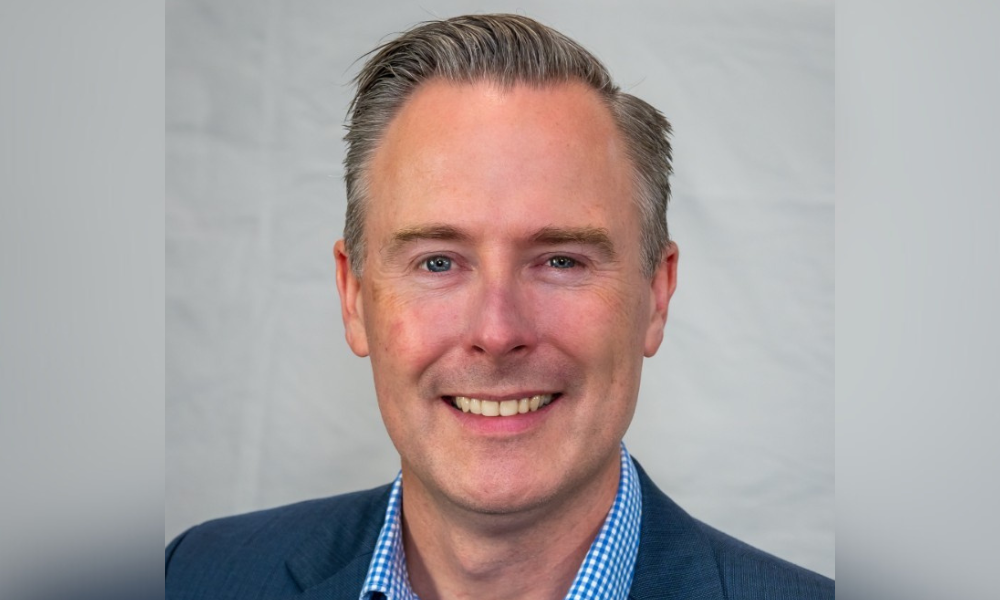
Brett Reid talks about 'inspiring and empowering young people and communities to thrive'

Brett Reid’s more than 30-year career in people management started with a degree in science but realising he wasn’t “cut out to be a full-blown scientist,” he found psychology - and "fell in love".
"I spent time deciding if I wanted to be a psychologist or a HR person and realised they’re very similar in a lot of senses. I was registered as an organisational psychologist in my mid-20s and then realised that HR was a lot more fun,” said Reid, now Chief People Officer of YMCA Victoria.
“I realised I got more from working in HR, it was more rewarding. I’ve been lucky to work with some big companies in Australia and have worked on a lot of notable projects – mostly transformational stuff. That was the thing I felt most in tune with and enjoyed the most. It might be the psychology coming through.”
Reid – having worked for the likes of Bupa, National Australia Bank, and Slater and Gordon Lawyers – said he generally chose work based on creating change within organisations.
“I’m heavily influenced by the servant leadership model – it really rang true to me as a way of leading and engaging people. I lead from the front to inspire and evoke change because it shows that you’re trustworthy and allows you to better organise your team,” he noted.
The YMCA – one of the longest-running youth-focused movements, having been around more than 170 years – focuses on “inspiring and empowering young people and communities to thrive”. This is something, Reid told HRD, that underpins their practice.
“Your focus is always around aligning up human effort against the organisation outcome. Put aside all the super technical stuff – HR ultimately boils down to how humans work well together. In an organisation supporting troubled young people and the general community, it’s all about how we can best support those we serve.”
“Our ultimate goal is community impact, not profit. We work with empathy and consideration to ensure wellness of both users of our services and those that work for us. If you’re on my team, I’m not asking you how your actions will drive up share price, I’m talking about how this particular initiative is going to help children with anxiety, for example.”
Reid emphasised that care and compassion are at the heart of all he does – and that is reflected in workplace practices.
“If we’re about enabling young people and communities to be empowered and supported –it would be wrong to not show that same care and support for the people who get these initiatives off the ground,” he noted.
With HR having been a female-dominated profession in the past 50 years, Reid told HRD he is proud his achievements haven’t been made because of his gender.
“Thinking about how much the industry has evolved, I was in my 30s before I had my first male HR colleague. Fast forward 20 years, and my HR Business Partner team are a 50:50 split.”
“Maybe 25 years ago, HR had a stronger stereotype expectation of being a ‘care’ based role, which may have attracted more women than men. I think both the profession and society are maturing; we’re slowly seeing progress in many “gendered” professions for both women and men. It’s absolutely true one part of an HR role is care, but it’s one element among many. Given HR usually has stewardship of an organisation’s diversity and inclusion efforts, its appropriate our own profession is walking the talk in this area,” Reid said.
He noted that the stereotype nowadays exists less than it did, showing a change of culture. This is shown, Reid explained, in other industries that are male-dominated as more women enter the workforce.
Stats from the Australian Human Resource Profession Report, led by Deakin University, state that women made up less than 10 percent of the workforce in 1976. In 2022, that number rose to 84%.